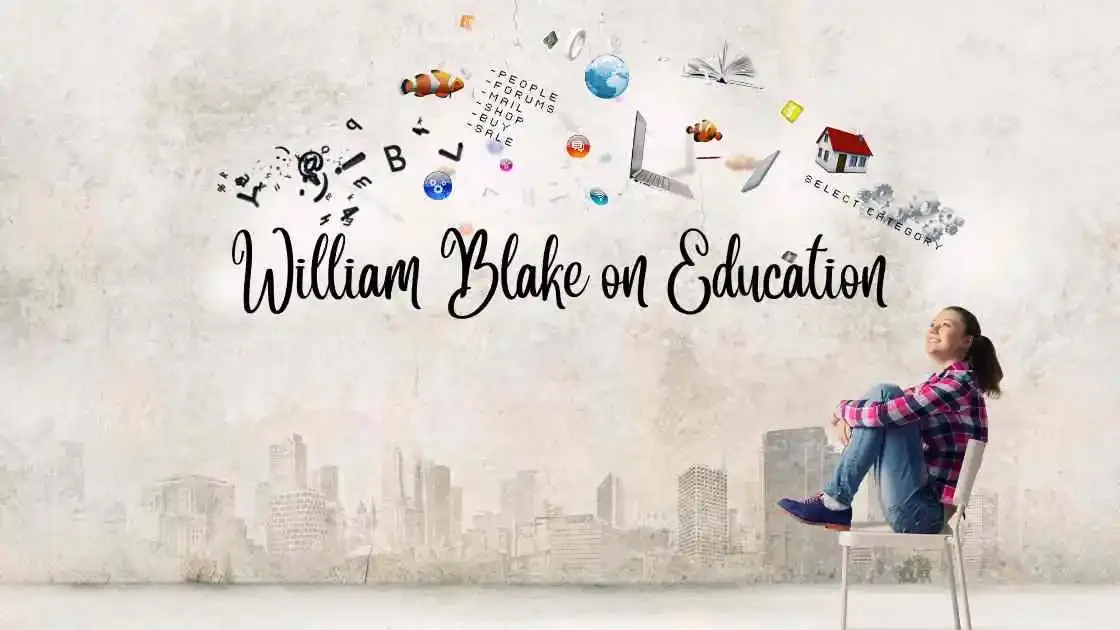According to Blake, traditional education systems focused too heavily on memorization and repetition, leading to a lack of creativity and imagination in students. He believed that this approach stifled the natural curiosity and creativity that children possess, preventing them from fully exploring their potential.
Blake advocated for a more holistic approach to education, one that emphasized the arts and humanities as essential tools for developing the imagination. He believed that poetry and art could help individuals understand the world in a more profound way, and that they were necessary for the development of a person's imagination.
Blake's emphasis on the importance of the imagination in education is evident in his poem "The Schoolboy," where he writes:
"How can the bird that is born for joy Sit in a cage and sing? How can a child, when fears annoy, But droop his tender wing, And forget his youthful spring?"
This verse suggests that the traditional education system was like a cage, trapping students and preventing them from exploring their full potential. In Blake's view, education should inspire freedom and creativity, allowing students to spread their wings and develop their full potential.
Overall, William Blake believed that education should not just be about acquiring knowledge, but also about developing the whole person, including their imagination and creativity. He believed that education should inspire individuals to reach their full potential and to contribute to the world in meaningful ways.

